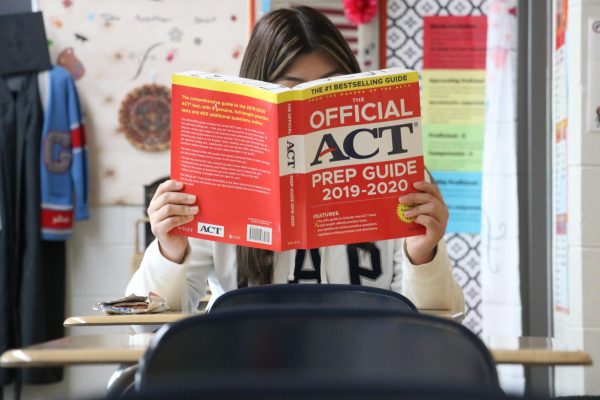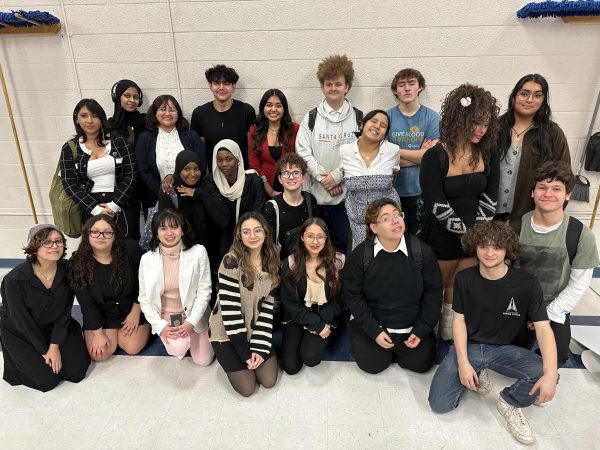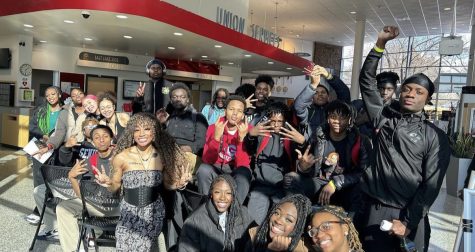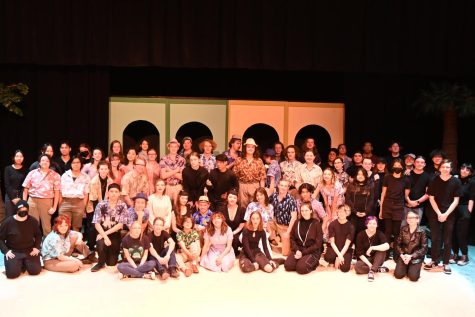Granger High School deals with mental illness
THERE are 297 disorders classified in the DSM-5 – the current edition of the manual that contains all of the diagnosable mental disorders. With this many disorders, roughly half of Americans will be diagnosed with a mental illness at some time in their lifetimes. Considering these statistics, it is likely that many students at Granger High School suffer from a mental illness, possibly more than one.
[Ed note: While the teachers named in this article stand ready to help Lancers, the students who answered questions and participated in interviews will not be named.]
High school can be difficult enough on its own without the added hardship of a disorder. When a person has a mental disorder it may be difficult feeling motivated to do anything, let alone come to school. The illness is disruptive and can seriously affect every aspect of a person’s life including school performance.
“Some days are harder than others. Some days, it’s really easy to come to school and do everything I need to do, but other days, it’s very difficult,” a student experiencing depression said.
Even worse, many illnesses go undiagnosed and untreated. It’s terrifying to think of any person going through something like this on his or her own.
If someone thinks they may have a disorder, he or she should “go to a psychologist and get diagnosed correctly. Also, get a second opinion. Once you are sure you have the mental illness, use a combination of medication and therapy,” Ms. Gaskins, the psychology teacher, said.
Even with this extra help, people still struggle with their mental illnesses. “Medication can take 6-8 weeks to regulate. It may be too high or too low, making you feel drowsy. Building relationships with teachers and having supportive parents can help. Support can also teach coping skills. We all have a list of things wrong, and coping skills can help,” Gaskins said.
Medicine can help immensely, but having support is more effective than medicine, so extra support can help anyone through hard times. “We all have a responsibility to help. We don’t want anyone to fall through the cracks,” Gaskins said.
There are so many people willing to help. Many people have been or are currently going through similarly difficult times.
Hope Squad, a group at Granger, meets every first and third Monday of the month and is dedicated to helping people in times of need. “The core of Hope Squad is to support. We try to create a safe place, a place where people can talk and know they’re not alone,” Mr. Timothy, the Hope Squad adviser, said.
Just getting this help can be hard, too. This is especially true for people suffering from anxiety, the most common group of mental illnesses. “I don’t like talking to people I don’t know. It makes me feel like a lesser human. Things other people can do with ease are difficult for me,” a student with an anxiety disorder said.
This fear causes even more damage, because it can prevent students from seeking help. “I don’t have anyone to talk to. I don’t want to talk to anyone about it because I want people to think I’m cool, I want them to like me. Even doing this interview is scary for me,” this student said.
It’s extremely important to become aware and to help people who are struggling, because a lot of the times they have trouble asking for the help they need themselves.
In addition to supportive teachers like Mr. Timothy and Ms. Gaskins, Granger’s counselors have lots of useful information, and Granger’s full-time social worker, Mr. Kaluhikaua, is always ready to help.











